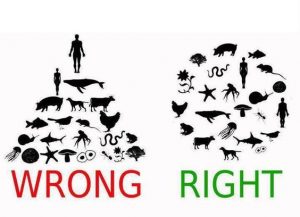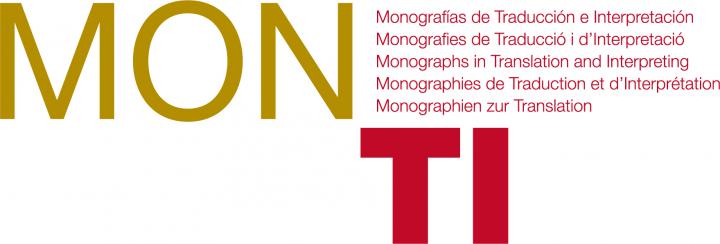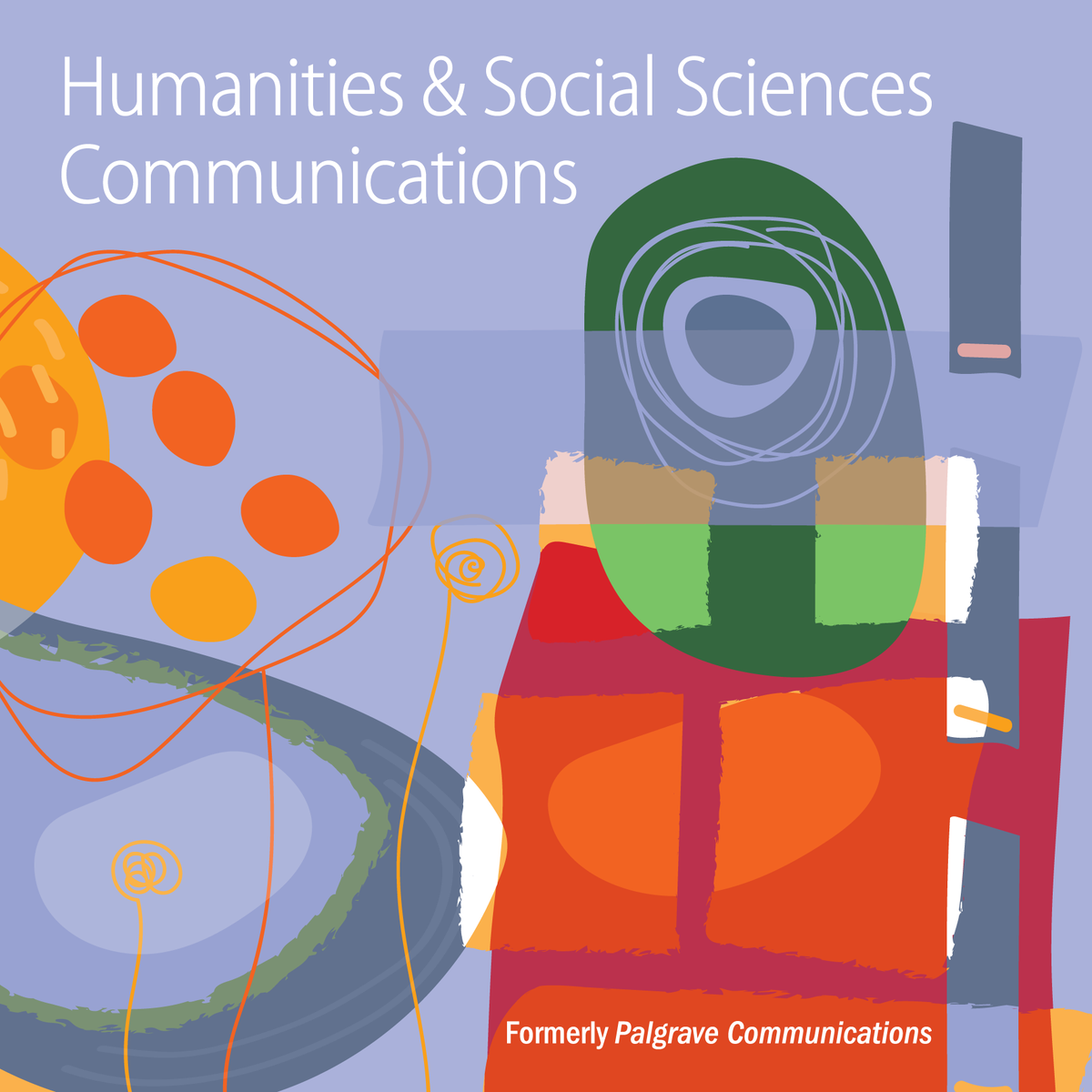
Developing and Translating Rights
A half-day event co-hosted by the Genealogies of Knowledge Project and the Centre for Translation and Intercultural Studies, University of Manchester, UK
19 June 2018 | Ellen Wilkinson Building, University of Manchester
Programme Registration Venue Contact
Abstracts
| Phil Brooke (Compassion in World Farming) |
|---|
|
Animal Welfare: the Work of Compassion in World Farming The political lobbying and campaigning of Compassion in World Farming on the issue of animal welfare has resulted in the EU recognising that animals are sentient beings. The presentation will focus on the work of Compassion in World Farming and its global, and thus cross-cultural and multilingual dimension.
|
|
Phil Brooke is Welfare and Education Development Manager with Compassion in World Farming. His current role includes helping to develop the animal welfare knowledge base in Compassion’s research department, providing technical support for colleagues and undertaking occasional media work. |
| Steve Cooke (University of Leicester) |
|---|
|
Making Progress towards Animal Rights This presentation examines the role of philosophy in making moral progress towards a world in which non-human animals are considered to be within the community of justice. Concepts deployed as part of arguments for the rights of non-human animals have sets of beliefs associated with them. The beliefs associated with a particular concept motivate agents to act in different ways depending on their particular understanding of the concept in question. One task of philosophy is to deepen and widen the public understanding of moral and political concepts so that agents come to hold more accurate beliefs about morality. This presentation explores some of the constraints in doing so, focusing on the believability and usefulness of a concept. Concepts that depart too far from everyday morality will not be believable and so will fail to motivate. Similarly, concepts that are altered to such a degree that they become detached from their normative underpinnings will cease to usefully describe the world and will also not be motivating. The presentation provides examples of how different concepts, such as citizenship, personhood and autonomy have been re-imagined both successfully and unsuccessfully in the service of achieving justice for non-human animals.
|
|
Dr Steve Cooke is a lecturer in political philosophy at the University of Leicester. He specialises in animal rights and the ethics of political disobedience. |
| Fabrizio Gallai (University of Bologna) |
|---|
|
The Rights and Duties of Interpreters Operating in Fragile Environments Interpreters’ professional codes of ethics tend to focus on the relationship between the interpreter and their client. They stress the need for impartiality, accuracy and efficiency, seen from the perspective of the service economy rather than social responsibility or human dignity. As Inghilleri (2009: 20) states, “Professional codes of ethics that attempt to demarcate the boundaries of utterances and texts from the social, political or historical contexts of their occurrence … emphasize compliance with principles of impartiality while minimizing the ethical challenges that interpreters and translators face in practice, especially where abuses of power or instances of injustice are in evidence”. Even though the primary duty of interpreters to be impartial is indeed meant to protect the rights of all parties, there is concern with the ability of interpreters to balance one ethical obligation against another in authentic contexts of interaction – especially in fragile environments, such as military and humanitarian settings (Baker 2006; Moser-Mercer 2015; Salama-Carr 2007). The ability to balance one ethical obligation against another therefore requires moments of genuine ethical insight. There is no guarantee that an individual interpreter will accurately evaluate what is at stake within or beyond a particular encounter just as there is no certainty that a decision they make will produce a positive outcome. What is certain, however, is that interpreters have a central role to play in the inevitable clashes that occur in these moral, social, and often violent, interactional contexts. The aim of this presentation is to discuss the work of military and humanitarian interpreters in order to shed new light or revisit the concept of interpreters’ professional rights and duties. Should interpreter training programmes encourage students to reflect on their positioning, as well as prepare them to deal with unforeseen ethical dilemmas in a wide variety of contexts? Do interpreters have a responsibility towards participants other than the client who pays their fees – i.e. vulnerable participants, such as asylum seekers and members of minority groups? Should they develop an awareness of the impact of their behaviour on a variety of communities, cultures and individuals, who may be adversely affected by their representational strategies? References Baker, M. (2006) Translation and Conflict. A Narrative Account. London & New York: Routledge. Inghilleri, M. (2009) Interpreting Justice in the Fog of War. The Linguist 48(4). 20-21. Moser Mercer, B. (2015) Interpreting in Conflict Zones. Mikkelson, H. and R. Jourdenais (eds). The Routledge Handbook of Interpreting. London & New York: Routledge. 302-315 Salama-Carr, M. (ed.) (2007) Translating and Interpreting Conflict. Amsterdam & New York: Rodopi.
|
|
Dr Fabrizio Gallai is Adjunct Professor at the School of Foreign Languages and Literature, Translation and Interpreting of the University of Bologna. His research is conducted within the field of dialogue interpreting, and his interests lie in legal and humanitarian interpreting, pragmatics (in particular, Relevance Theory) as well as interactional sociolinguistics. His current research focuses on quality standards and a uniform (in particular, pragmatic) skills certification system for legal and humanitarian interpreters, and the application of Relevance Theory to interpreting studies. |
| Wine Tesseur (University of Reading) |
|---|
|
Language as Part of Diversity and Inclusion: Establishing the missing link between language rights and human rights in the work of Amnesty International As a human rights organisation, Amnesty International campaigns on a global scale for human rights to be enjoyed by all. Although language rights are part of human rights, the organisation has not devoted much attention to languages. Language issues have largely been absent from its work, both as a topic for campaigning, and, as this presentation will argue, as an important part of institutional working practices. Drawing on previous academic research (Hopgood 2006; Tesseur 2014) and on recent discussions with Amnesty translators, I will explore the extent to which languages and translation have been part of Amnesty’s organisational aspirations of diversity and inclusion. The presentation will demonstrate that although issues of the discriminatory effect of working mainly in English have been raised internally at least since the 1970s, an institutional vision that considers language as a core element of a holistic approach to human rights, diversity and inclusion is only just starting to emerge. References Hopgood, S. (2006) Keepers of the Flame: Understanding Amnesty International. Ithaca and London: Cornell University Press. Tesseur, W. (2014) Transformation through Translation: Translation Policies at Amnesty International. Unpublished PhD thesis, Aston University.
|
|
Dr Wine Tesseur is a postdoctoral researcher working on the AHRC-funded project ‘The Listening Zones of NGOs: Languages and Cultural Knowledge in Development Programmes’ at the University of Reading. Her primary research interest is language and translation policies and practices in NGOs. Her doctoral dissertation focused on translation policies in the human rights NGO Amnesty International. |
| Rebecca Tipton (University of Manchester) |
|---|
|
Victims’ Rights in Cases of Domestic Abuse: Translation, Interpreting and the Question of Structural Violence This presentation examines changes to victims’ rights in the European Union with specific reference to victims of domestic abuse and violence who have limited language proficiency. The provisions of Directive 2012/29/EU of the European Parliament and of the Council of 25 October 2012 establishing minimum standards on the rights, support and protection of victims of crime had to be implemented in national laws by 16 November 2015. The Directive ensures that ‘persons who have fallen victim of crime are recognised and treated with respect’ and that they ‘receive proper protection and support and access to justice’ (European Commission website). Support is understood in terms of immediate assistance (e.g. to report a crime) and longer-term physical and psychological assistance. In England and Wales the Directive led to a revised Code of Practice for Victims of Crime (October 2015) in which entitlements to translation and interpreting services are set out. However, reference to longer-term assistance is omitted from the Code. This raises questions about entitlement to language support in victim services provided particularly, but not exclusively by third sector organisations, and the nature of social justice for this group of individuals. More broadly, it places a spotlight on language support provisions in victims’ experience of structural violence (Galtung 1969). In this presentation, I explore police and third sector responses to limited language proficient victims of domestic abuse against the backdrop of the 2014 report by Her Majesty’s Inspectorate of Constabulary (HMIC) on police response to domestic violence. The paper discusses findings of a study carried out in 2015-17 with Cambridgeshire Constabulary and The Pankhurst Trust Incorporating Manchester Women’s Aid. I argue that although there are gaps in the guidelines on language provisions in both sectors, the specific characteristics of victim support services, e.g. resilience-building and victim empowerment, mean that structural violence cannot simply be viewed in terms of an absence of proper provision. In other words, I consider the possibility that the structures of professional provision may lead to forms of structural violence that merit a more nuanced understanding of the role of interpreter mediation in certain victim encounters.
|
|
Dr Rebecca Tipton is a Lecturer in Translation and Interpreting Studies and currently the Programme Tutor for the MA in Translation and Interpreting Studies in the Division of Languages and Intercultural Studies. She has been involved in translator and interpreter training for over a decade and worked as a freelance translator and interpreter prior to joining academia. Her research on public service interpreting is aimed at shaping policy debates on reducing health and social inequalities for some of society’s most vulnerable service users and promoting quality interpreter-mediated services in statutory and non-statutory service contexts. |
| Anne Walker (Amnesty International) |
|---|
|
Protecting Human Rights Amnesty International is the world’s biggest grassroots human rights organisation, with over 7 million activists. The presentation will look at the development and changes in the work of Amnesty International from its inception to the current day, outlining why changes have been necessary and the difficult decisions that have been made along the way.
|
|
Anne Walker is a long term member of Amnesty International, having first joined in 1970! She has held various voluntary roles within the Manchester Amnesty Group and was also the Regional Coordinator for the North West for several years. She is currently the group secretary and also acts as a trainer for other local groups in the North West. |



